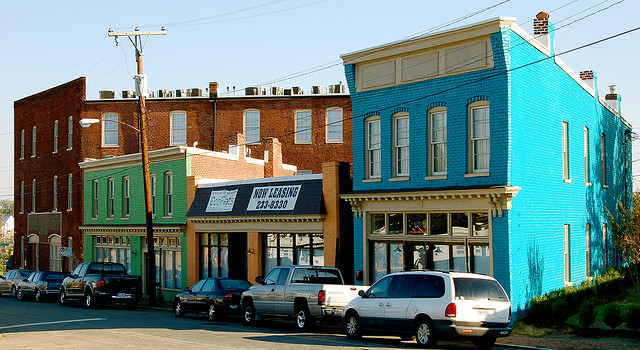July 2, 2014
Attorneys Fees for Rescission of Contracts Obtained by Fraud
In lawsuits over real estate, attorney’s fees awards are a frequent topic of conversation. In Virginia, unless there is a statute or contract to the contrary, a court may not award attorney’s fees to the prevailing party. This general rule provides an incentive to the public to make reasonable efforts to conduct their own affairs to avoid unnecessary legal disputes. An exception to the general rule provides a judge with the discretion to award attorney’s fees in favor of a victim of fraud who prevails in court. Effective July 1, 2014, a new act of the General Assembly allows courts greater discretion to award attorneys fees for rescission of contracts obtained by fraud and undue influence. The text reads as follows:
This new statute narrowly applies to fraud in the inducement and undue influence claims requesting as a remedy rescission of a written instrument. I expect this new attorney’s fees statute to become a powerful tool in litigation over many real estate matters.
- Obtaining Approval of Written Instruments by Misconduct. This new statute does not focus on the manner or sufficiency of how obligations under a contract or deed are performed. Instead, it concerns remedies where one party obtains the other’s consent on a written instrument by material, knowing misrepresentations made to induce the party to sign (fraud) or abusive behavior serving to overpower the will of a mentally impaired person (undue influence). Fraud and undue influence are usually hard to prove. There are strong presumptions that individuals are (a) in possession of their faculties, (b) are reasonably circumspect about the deals and transfers they make and (c) read documents before signing them. This new statute does not allow for fees absent clear & convincing proof of the underlying wrong. Tough row to hoe.
- Undoing Deals Predicated on Fraud or Undue Influence: This new statute doesn’t help plaintiffs who only want damages or some other relief. The lawsuit must be to rescind the deed or contract that was procured by the fraud or undue influence. Rescission is a traditional remedy for fraud and undue influence, and it seeks to “undo the deal” and put the parties back in the positions they were in prior to the consummation of the transaction. This statute should give defendants added incentive to settle disputes by rescission where a fraud in the inducement or undue influence case is likely to prevail.
- Reasonableness of the Attorney’s Fees Award: When these circumstances are met, the Court has discretion to award reasonable attorney’s fees. Note that the statute does not require that fees be awarded in every rescission case. Under these provisions, on appeal the judge’s attorney’s fees award or lack thereof will be reviewed according to the Virginia legal standard for reasonableness of attorney’s fees.
Prior to enactment of Va Code Sect. 8.01-221.2, defrauded parties had to meet a heightened standard in order to get attorney’s fees. In 1999, the Supreme Court of Virginia held in the Bershader case that even if there is no statute or contract provision, a judge may award attorney’s fees to the victim of fraud. However, in Bershader the Court found that the defendants engaged in “callous, deliberate, deceitful acts . . . described as a pattern of misconduct. . .” The Court also found that the award was justified because otherwise the victims’ victory would have been “hollow” because of the great expense of taking the case through trial. The circumstances cited by the Court in justifying the attorney’s fees award in Bershader show that the remedy was closer to a form of litigation sanction than a mere award of fees. Bershader addressed an extraordinary set of circumstances. Trial courts have been reluctant to award attorney’s fees under Berschader because it did not define a clear standard.
The new statutory enactment removes the added burden to the plaintiff of showing extraordinary contentiousness and callousness or other circumstances appropriate on a litigation sanctions motion. It is hard enough to prove fraud or undue influence by clear and convincing evidence, and then show reasonableness of attorney’s fees. Why should the plaintiff be forced to prove callousness and a threat of a “hollow victory” if fraud has already been proven and the court is bound by a reasonableness standard in awarding fees? The old rule placed a standard for awarding attorney’s fees in fraud cases to a heightened standard comparable to the one available for imposition of litigation sanctions. Va. Code 8.01-221.2 permits attorney’s fees in a rescission case without transforming every dispute in which deception is alleged into a sanctions case.
case citation: Prospect Development Co. v. Bershader, 258 Va. 75, 515 S.E.2d 291 (1999).
photo credit: taberandrew via photopin cc (photo is a city block in Richmond, Virginia and does not illustrate any of the facts or circumstances described in this blog post)

